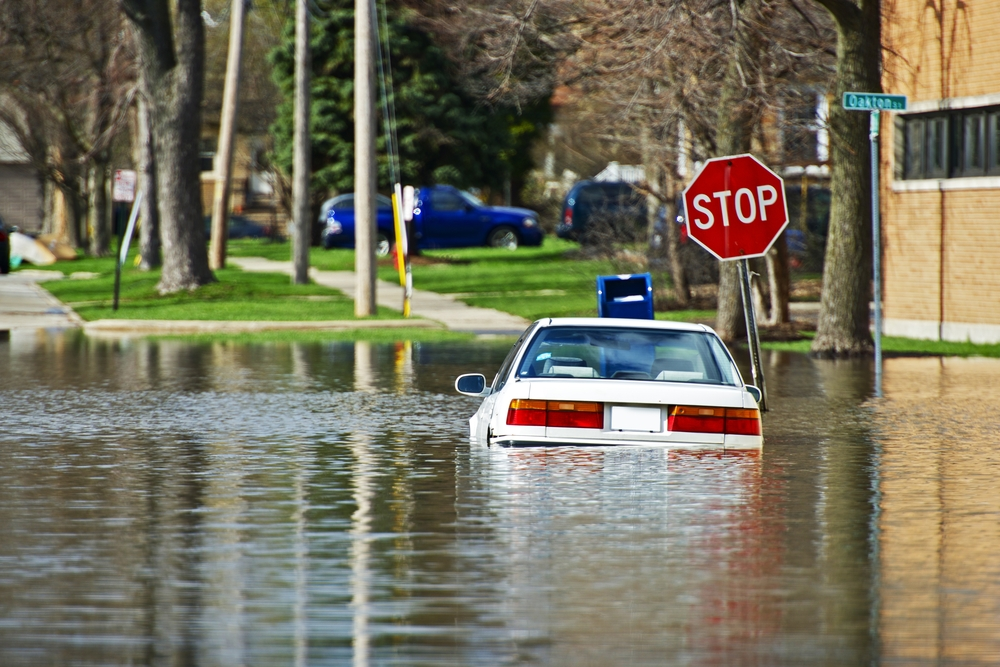
Boat Insurance Lingo Decoded: 3 Terms You Should Know
Every Florida watercraft owner needs boat insurance to safeguard against potential risks such as accidents, theft, or natural disasters. Given the complexity of policies, understanding relevant terminology is essential. It empowers owners to make informed decisions and customize Florida insurance to their needs.
Boat Insurance Lingo Decoded: 3 Florida Insurance Terms You Should Know
1. Coverage
You can purchase several types of watercraft insurance. Comprehensive coverage shields your boat from non-collision-related damage. It encompasses theft, vandalism, and natural disasters. Collision coverage steps in when your boat sustains damage from colliding with another object. Salvage coverage addresses the costs of salvaging a damaged boat.
Underinsured or uninsured boater coverage provides protection in accidents with boaters lacking sufficient insurance. Personal property coverage extends to your belongings on the boat, offering financial support for damaged or stolen personal items, such as equipment and electronics. If you understand all these options, you can find a policy that suits you and avoid paying for something you don’t need.
2. Agreed Value vs Actual Cash Value
Agreed Value and Actual Cash Value are valuation methods in insurance. Agreed Value refers to a pre-determined, mutually agreed-upon value for your boat, offering coverage up to that amount without depreciation.
On the other hand, Actual Cash Value considers depreciation, reimbursing you for the current market value of the boat at the time of the claim. Choosing between the two hinges on whether you prefer a set, agreed-upon value or are willing to accept a value that reflects depreciation.
3. Navigational Limits
Navigational limits in watercraft insurance specify the geographical areas where your boat is covered. These limits define the waters in which you can operate your boat while maintaining insurance coverage. It’s crucial to be aware of these limits, as going beyond them might result in reduced or no coverage.
The next time you’re looking for watercraft insurance, seek the help of an experienced insurance agent. They can provide personalized guidance, assess your needs, and navigate the complexities of watercraft insurance policies, ensuring that you secure comprehensive and tailored coverage for your boat. Reach out to us at DTRT Insurance to speak to a professional now.



